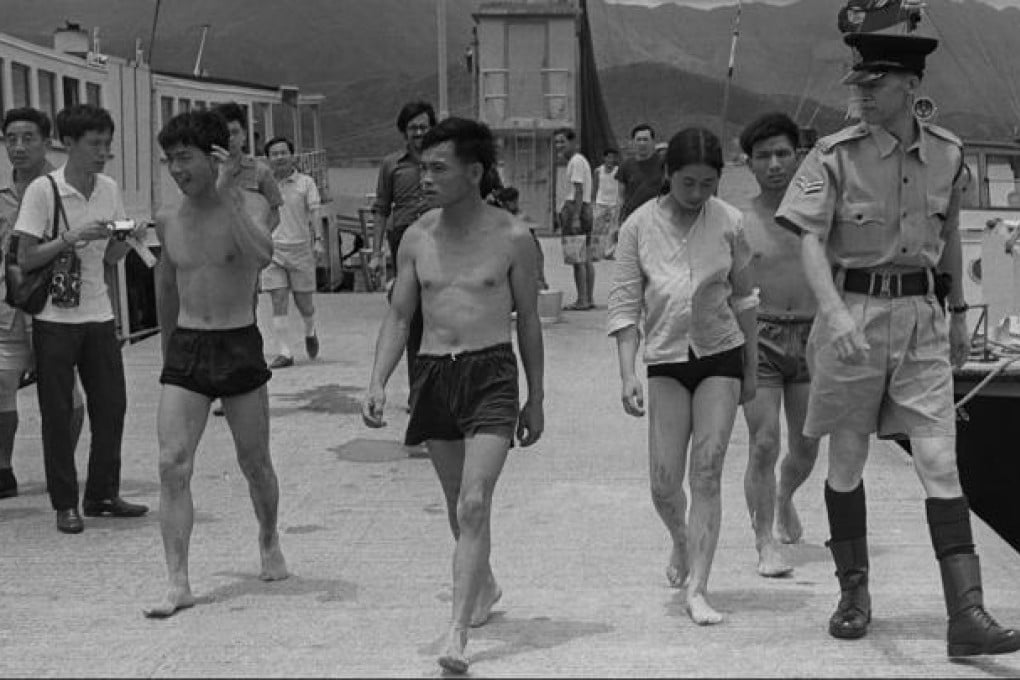Forgotten stories of the great escape to Hong Kong across the Shenzhen border
Vast numbers of mainlanders fled across the Shenzhen border from the 1950s to the 70s, fuelling Hong Kong’s boom years, says Chen Bingan

Chen Bingan, a writer from Shenzhen, spent more than 20 years interviewing sources and compiling information on an untold story involving millions of people, which has now been published as The Great Exodus to Hong Kong. The book, which came out in October, documents an important but forgotten slice of history, when mainlanders fled en masse between the 1950s and 70s to seek better lives in Hong Kong. This enormous movement of people was long considered too sensitive to discuss until a few years ago, when mainland authorities first began to ease up on secrecy. Chen talked with the Sunday Morning Post about why such a large number of people left the mainland, how they did it and where they are today.

It all happened between the '50s and '70s, when Shenzhen was a small fishing village. Every single dark night during that time there were many mainlanders leaving their homeland, diving into the deep and dirty Dapeng and Shenzhen bays, and swimming the deadly four-kilometre journey to Hong Kong. The years 1957, 1962, 1972 and 1979 marked the four major booms in illegal emigration to Hong Kong, as mainlanders had suffered greatly from the Cultural Revolution, which included vast famine.
According to my research and investigations, about two million people flooded into Hong Kong as illegal immigrants, often with great personal loss, and more people died on their way or were caught and repatriated.
Neither East Germans climbing the Berlin Wall nor the tens of thousands of North Koreans crossing the Yalu River to the Chinese city of Dandong could compare to the exodus from the mainland to Hong Kong. It’s an epic account of the fate of communists seeking a better life in a capitalist harbour, at a cost of life and blood. So I called it The Great Exodus to Hong Kong.
How many refugees escaped successfully from Shenzhen to Hong Kong, and how did they make it?